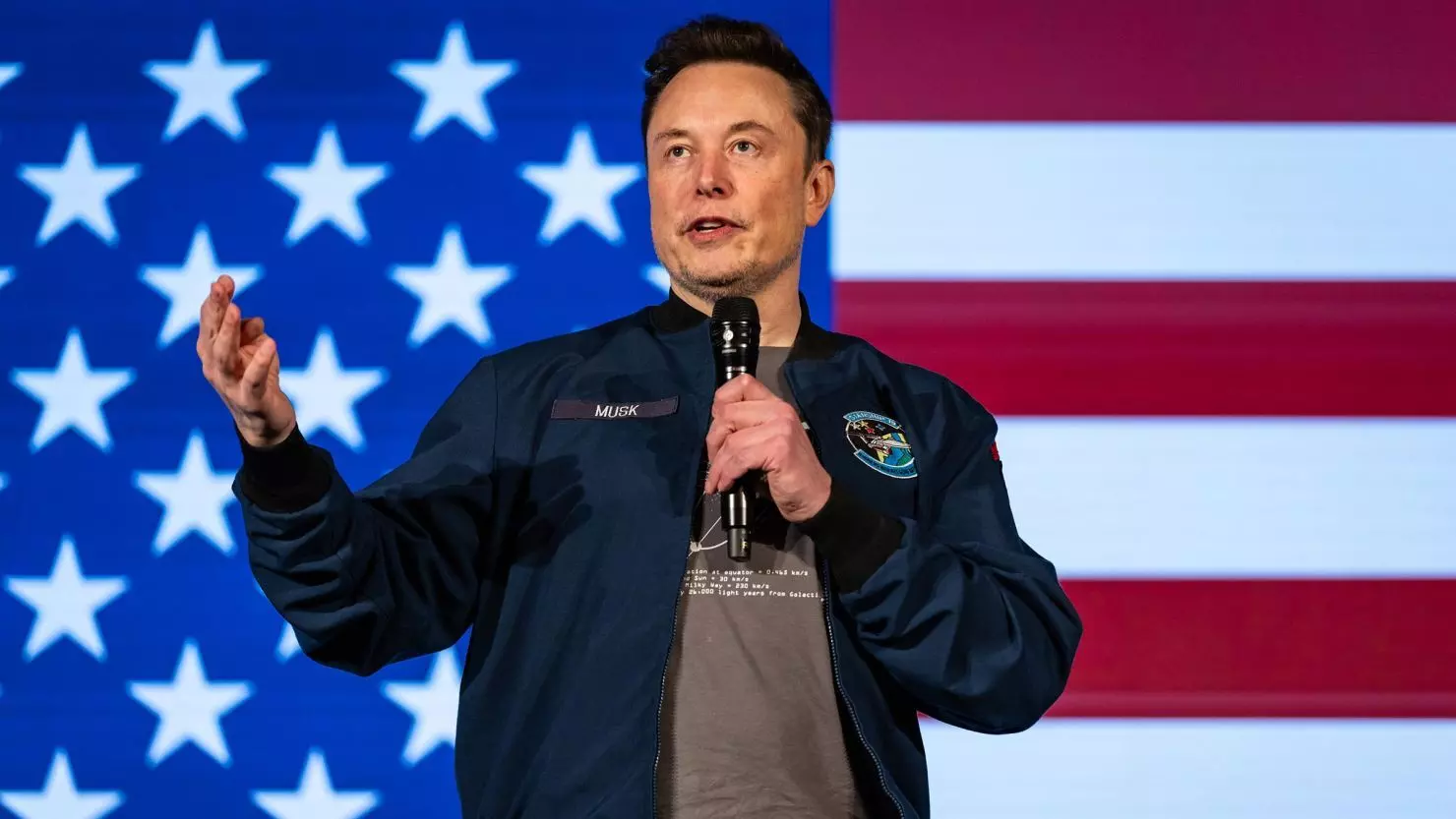Tesla CEO Elon Musk and America PAC Sued Over Misleading Million-Dollar Giveaway
Tesla CEO Elon Musk and his political action committee, America PAC, are being sued by voters who claim they were misled about the selection process for his million-dollar giveaway.
Elon Musk

Elon Musk and his political action committee, America PAC, are facing legal action from voters who signed up for his million-dollar giveaway, alleging they were misled about how the winners were selected. The lawsuit claims that participants were led to believe the winners would be chosen at random, but instead, they were handpicked for political reasons.
One plaintiff, Jacqueline McAferty from Arizona, stated that she would never have shared her personal information or signed the petition if she had known the winners weren't selected randomly. She argues that the giveaway was a deceptive political marketing scheme rather than a legitimate lottery.
The sweepstakes, which was promoted as a way to support free speech and gun rights, has drawn criticism from several quarters. A lawyer for Musk’s PAC revealed in court that winners were chosen based on their personal stories, and they signed contracts as "spokespeople" for the organisation rather than through a random selection process. Musk’s legal team maintains the giveaway was intended to generate support for the PAC’s goals, with no intention of misleading participants.
The lawsuit is part of a broader backlash against the giveaway, which has been running daily in the lead-up to the November 5 U.S. elections. Critics, including Philadelphia District Attorney Larry Krasner, have described the sweepstakes as a "scam" and a political ploy masked as a lottery. Krasner testified in court that the sweepstakes were "a gift" designed to manipulate voters and gather personal data, much of which will be retained by the PAC after the election.
Voters from multiple swing states, including Pennsylvania, Wisconsin, Georgia, and Arizona, have joined the legal challenge, alleging that the contest was biased and selectively targeted pro-Trump individuals. Some plaintiffs, like Robert Anthony Alvarez from Michigan, claim the giveaway was promoted as a nonpartisan initiative, yet the winners appeared to be overwhelmingly aligned with Trump supporters.
As election day unfolds, the fallout from the lawsuit continues to develop, with Musk’s legal team offering no immediate response to the growing controversy. The outcome of these legal challenges could have significant implications for the use of personal data in political campaigns and the integrity of online giveaways in future elections.

